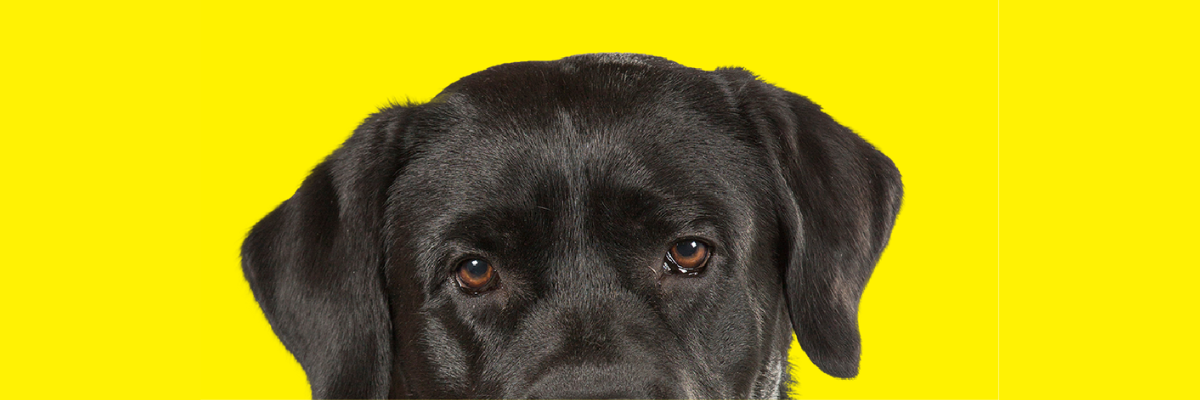By: Larissa Proctor, Manager of Guide Dog Advocacy at CNIB
Imagine arriving at a job interview, excited at the thought of discussing your qualifications with a prospective employer, only to be told that you won’t be considered for the job because of your mobility device. For Stephanie, a guide dog handler from Sudbury, Ontario, this scenario became a reality when she was told she couldn’t be hired because her guide dog might bite or harm a client. But Stephanie’s experience is not an anomaly.
Many people who are partnered with guide dogs still face discrimination when trying to access employment, either during the application process, at an interview, or in the workplace.
For Ashley of Regina, Saskatchewan, the discrimination happened after she’d been offered a job. Ashley informed her new employer that she’d be training with her first guide dog before starting the job, and her offer of employment was revoked.
“My employment ended before it had even started,” says Ashley. “They told me they couldn’t have a dog in the office because of allergies. I was in shock. All I could think was, ‘This still happens?’”
Yes, this still happens, and it needs to stop.
It’s illegal to discriminate against a job applicant, interview candidate, or employee who works with a guide dog. In all of Canada’s provinces and territories, human rights legislation prohibits discriminating against a person who is working with a guide dog. Penalties under human rights legislation range from $100 to $10,000. In British Columbia, Alberta, Ontario, Nova Scotia, and Newfoundland and Labrador, additional legislation mandates access to public premises for guide dog handlers, giving police the authority to investigate complaints of access denial and enforce fines up to $5,000.
Despite this legislation, many employers are still unaware that they’re breaking the law when they treat people differently because they’re working with guide dogs, but ignorance is no excuse. Employers have a responsibility to ensure that the rights of guide dog teams are respected and upheld – meaning that they must accommodate guide dog teams up to the point of undue hardship.
Vivi, a guide dog handler from Winnipeg, Manitoba, knew her legal rights to receive accommodation in the workplace. Still, when a colleague with severe allergies requested that Vivi and her guide dog be removed from the office, she was overwhelmed with stress.
“I didn’t want it to come down to a choice between my rights and her rights,” says Vivi. “I was just learning how to work with my new guide dog and starting a new term at school. To have that stress compounded by someone trying to have me removed from my workplace was mentally taxing. It really impacted my mental health and undermined my confidence because, as a new guide dog handler, I was already having to defend my team, and we hadn’t done anything wrong.”
To make matters worse, Vivi was not included in the accommodation process.
“Conversations were happening around me, but not with me,” says Vivi. It felt like one disability was being given more importance than another, and I just wanted a positive outcome for everyone involved.”
You can’t refuse to interview, hire, or accommodate someone who is working with a guide dog, even if you are allergic to dogs. Guide dogs belong everywhere. It’s the law.
Help make your workplace more accessible and inclusive for guide dog teams. Please review your employee training and accommodation policies to ensure guide dog teams are included. To learn more, visit: guidedogchampions.ca
